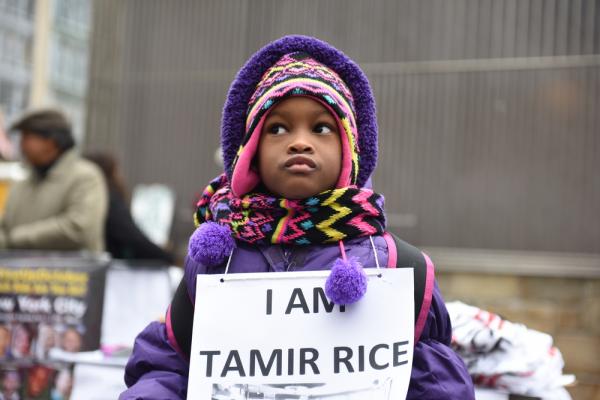Feb 8, 2016
I must confess that I am an African-American woman, a Christian woman, a woman who believes there is more than one path to God. Working in the Black Lives Matter movement with people of many faiths, I get a little fidgety when I hear the words “confess that Jesus is Lord and believe that God raised him from the dead.” I think, “Hey, what about my Jewish friend Stef? She is not confessing the Lord-ship of Yeshua/Jesus. What about my friend Hussein? Is he not saved?” I just don’t like it.
Read the Full Article

Already a subscriber? Login
